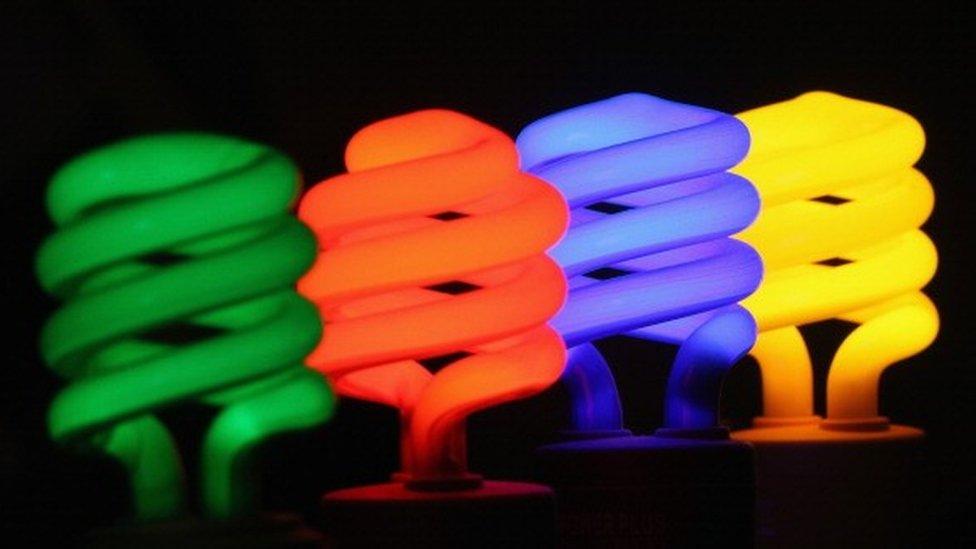UK to double French energy supplies with new cable
- Published

A privately funded project has announced it will build a 拢1.1bn cross Channel electricity cable which will double the amount of energy the UK presently receives from France.
The cable, called an interconnector, will run from Lovedean, near to Portsmouth to the Le Havre area.
Developer, Aquind, which is led by Ukrainian businessman Alexander Temerko, is behind the project.
The company said the 150-mile cable would come online in 2021.
It plans to deliver up to two gigawatts to the National Grid, which has signed a connection agreement with it.
The energy it plans to deliver to Britain will supply power to the equivalent of four million homes.
The company, which is backed by private investors, is currently in the process of securing a connection agreement with the French.
It will be able to transfer electricity both ways, if market conditions are favourable.
"Blackout risks"
The National Grid and its French counterpart, RTE, already own a 2GW interconnector between the two countries which has been in use since 1986.
Aquind said its cable would provide a valuable source of energy at a time when coal-fired stations were being closed down and planned new gas and nuclear installations were yet to be built.
Lord Callanan, a non-executive director at Aquind, said: "With a growing energy supply gap threatening UK households and businesses, there's an urgent need for a fast and reliable way to introduce new capacity.
"The interconnector will significantly ease the pressure on the UK grid and reduce the risk of blackouts," he added.
Cheaper energy
At present the UK mainland has four interconnectors from France, the Netherlands, Northern Ireland and the Republic of Ireland supplying 4GW of capacity,
The Aquind interconnector is one of just two current interconnector projects that are fully privately funded.
It is applying for an exemption from EU and UK regulations governing minimum and maximum prices, revenue and capacity.
Six other new interconnectors have been approved and will follow the regulated route under the "cap and floor" regime.
Aquind thinks the exemption model will earn it more money because of the lower electricity prices generated by France's national grid which relies on nuclear energy.
Zoe Double, head of power at ICIS, the independent authority on UK energy market pricing, said its data showed that UK wholesale power prices had become gradually more expensive than their French equivalent in the past five years, which made supplying power to the UK from France more economic.
"The spread between the two markets has widened because while power prices across Europe have fallen, UK prices have not fallen as far as France - partly because there have been concerns about whether the UK can meet demand at peak times in recent years, and this risk has been reflected in a higher price."
Related topics
- Published14 November 2015
- Published21 February 2016
- Published18 March 2015